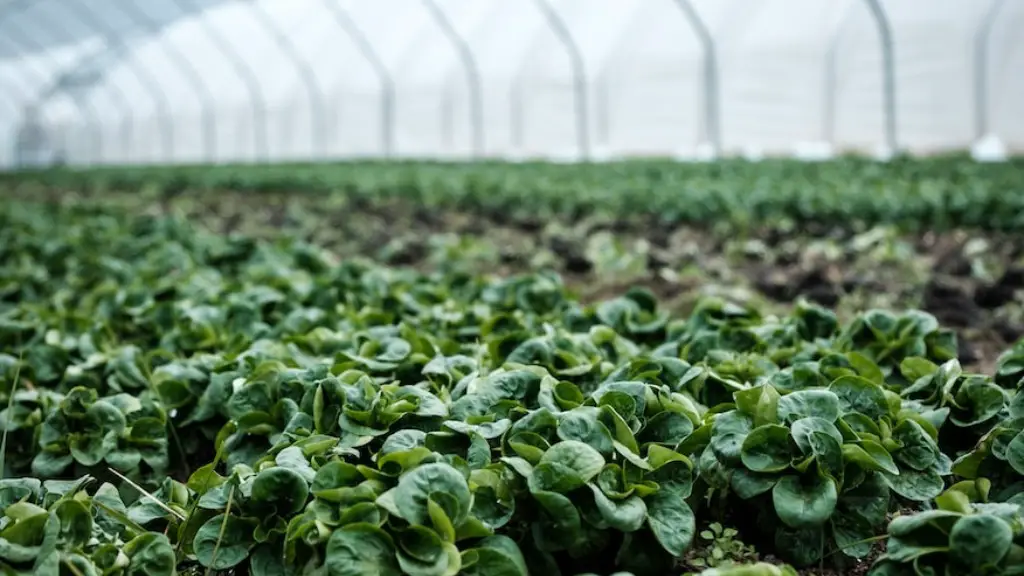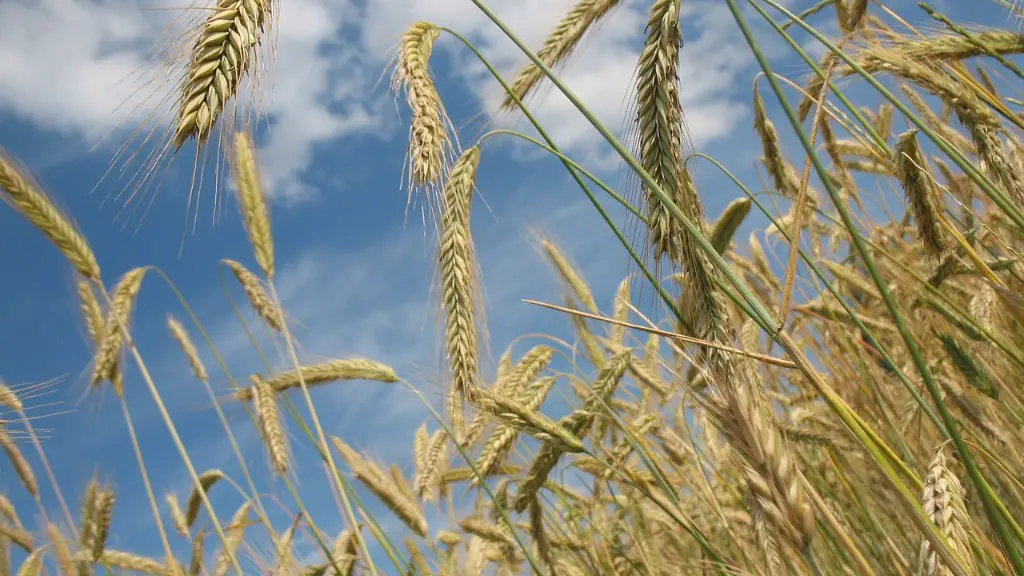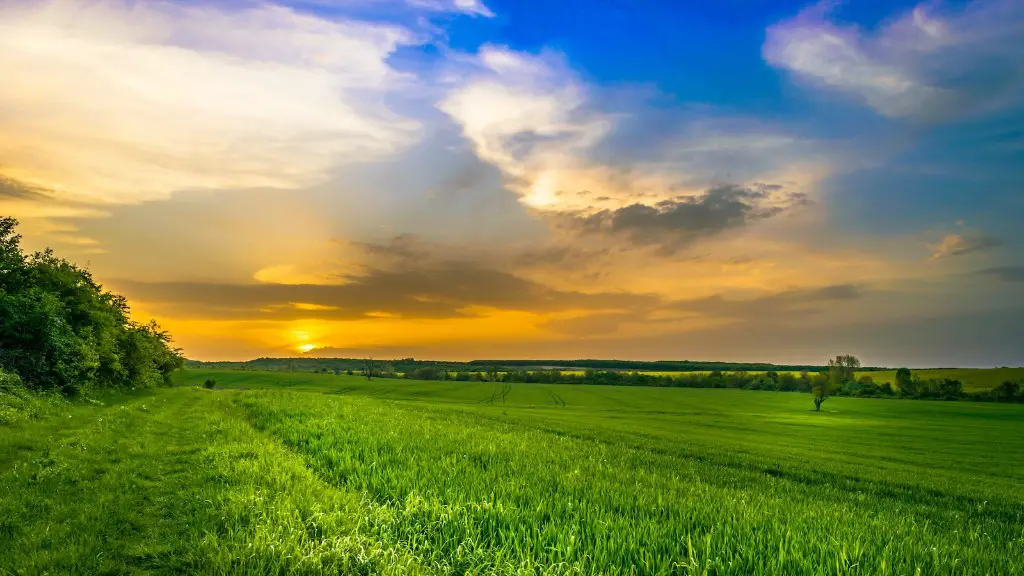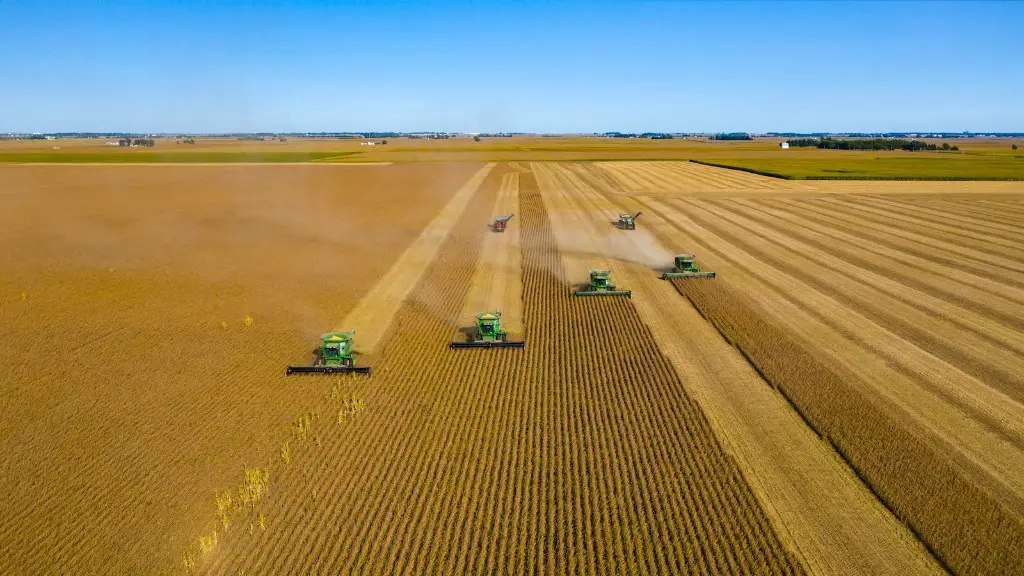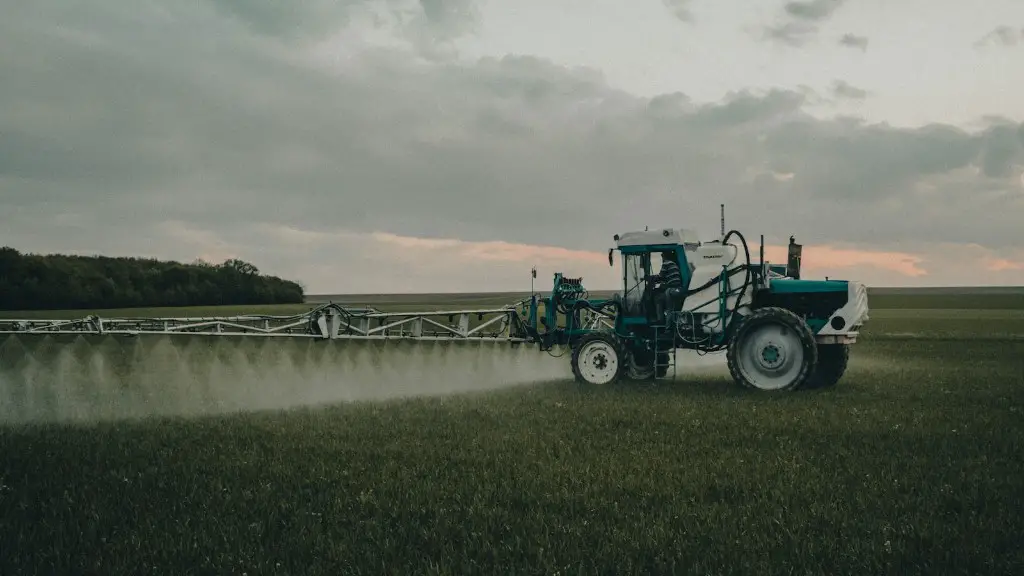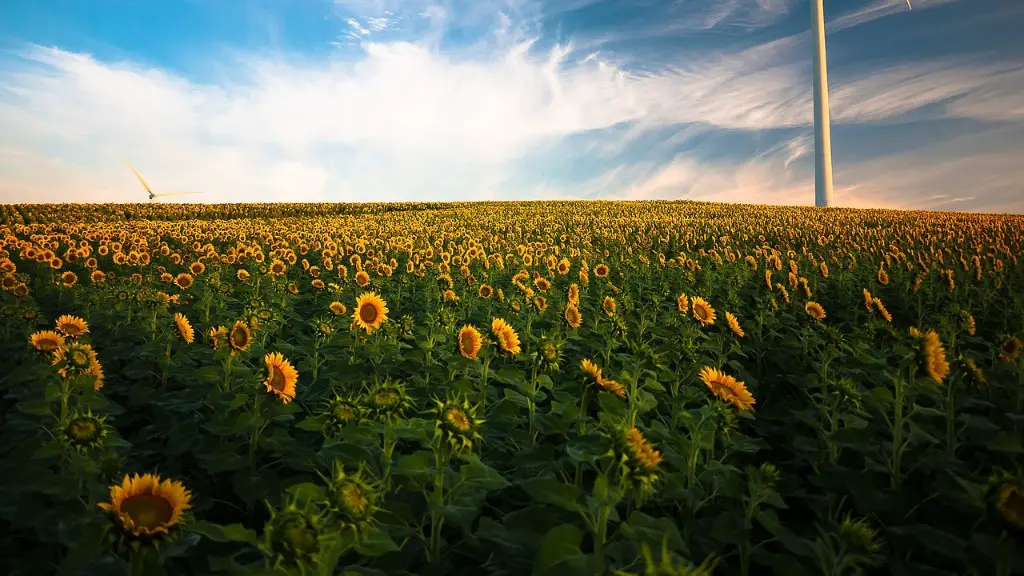Most people believe that agriculture was one of the most important steps in human history. However, there is a growing body of evidence that suggests that agriculture was actually the worst mistake in human history. Agriculture led to the domestication of plants and animals, which led to the rise of civilizations. However, agriculture also led to the rise of inequality, and the worst forms of exploitation and oppression.
Agriculture was the worst mistake in human history because it led to the domestication of plants and animals, which led to the rise of civilizations and the consequent inequality between the haves and the have-nots.
Was agriculture the biggest mistake in human history?
Jared Diamond was right when he said that the invention of agriculture was the biggest blunder in human history. However, we are stuck with it and have to make it work better than ever for the future of humankind and the planet. With so many mouths to feed today, we need to find ways to make agriculture more efficient and sustainable.
Jared Diamond’s “The Worst Mistake in the History of the Human Race” makes a strong case that the adoption of agriculture led to many negative consequences that have hindered the general livelihood of humans. He argues that the shift from a hunter-gatherer lifestyle to an agricultural lifestyle led to a decline in health and an overall decrease in the quality of life. Diamond’s essay is a must-read for anyone interested in the history of human civilization and the potential pitfalls of agricultural society.
What impact did agriculture have on early human history
Agriculture has played a key role in the development of human civilization. By allowing for the domestication of plants and animals, agriculture has made it possible for people to settle in one place and create permanent settlements. This, in turn, has led to the growth of cities and the development of complex civilizations. Today, agriculture continues to be a vital part of the global economy, providing food for billions of people around the world.
Agriculture has had a profound impact on human society, creating conditions that led to the expansion of social inequality, violent conflict between communities, and environmental degradation. For these reasons, some scientists like Jared Diamond have argued that the invention of agriculture was humanity’s worst mistake. While there is no denying the negative impacts of agriculture, it is also important to remember that it has allowed humanity to thrive and become the dominant species on Earth.
Why did humans get shorter after agriculture?
It has been long known that hunter-gatherer societies tended to be taller than those who later adopted agriculture. This difference in height is thought to be due to the change in diet and lifestyle that came with the switch from hunting and foraging to farming.
Recent research has found that the average height of hunter-gatherers was about 5’9″, while the average height of early farmers was about 5’3″. This difference in height is likely due to the fact that early farmers were malnourished, as their diets were not as varied or as nutritious as those of hunter-gatherers.
The switch to agriculture also led to a decrease in physical activity, which further contributed to the decrease in height.
While the average height of humans has increased over the past few centuries, due to better nutrition and healthcare, it is still lower than it would have been if we had not switched to agriculture.
The agricultural revolution had a variety of consequences for humans. It has been linked to everything from societal inequality—a result of humans’ increased dependence on the land and fears of scarcity—to a decline in nutrition and a rise in infectious diseases contracted from domesticated animals.
Who argued that agriculture was humankind’s worst mistake?
In this article, Jared Diamond challenges the idea that the adoption of agriculture was a positive step in human history. He argues that it was actually a mistake that led to many problems that we still face today, such as disease and poverty.
As food surpluses became more common, ancient societies began to see a rise in inequality. This is because those who controlled the food surpluses became more powerful, and were able to dictate how labor was divided among the population. For example, they could set up a system where only men were allowed to work in the fields, while women were relegated to domestic roles. This inequality is still present in many agricultural societies today.
Why is agriculture bad for the environment
The use of pesticides, fertilizers, and other toxic farm chemicals is the leading source of pollution in many countries. These chemicals can poison fresh water, marine ecosystems, air, and soil, and they can remain in the environment for generations. It is important to take measures to reduce the use of these chemicals in agriculture in order to protect the environment.
Climate change is already affecting agriculture in a number of ways. As weather becomes increasingly volatile and extreme events like floods and droughts become more common, growing seasons are being changed, water availability is being limited, and weeds, pests, and fungi are thriving. This is all having a negative impact on crop productivity.
Farmers are having to adapt to these new conditions, and it is becoming increasingly difficult to maintain high levels of production. This is having a knock-on effect on food security, as well as the economy as a whole. It is therefore crucial that we take action to mitigate and adapt to climate change, in order to protect our food supply.
How did agriculture change the human body?
Farmers developed smaller jaws than hunter-gatherers because they had food that was easier to eat and more time to eat it at their leisure. This led to dental issues like malocclusion, or dental crowding, according to a study published earlier this month in the journal PLOS One.
Agricultures changed the way man lived his life. He was now able to grow his own food instead of having to wander and gather. This allowed him to settle down in one place instead of constantly moving around.
What are the negative effects of agriculture
Public health is increasingly threatened by agricultural practices that lead to water pollution, air pollution, and climate health and greenhouse gas emissions. Agricultural practices also contribute to antimicrobial resistance and food system vulnerability.
The government has implemented financial assistance programs that enable farmers to reduce their GHG emissions from agriculture. These programs are important because they help farmers to adopt practices that will reduce their emissions and help protect the environment.
How did humans survive before agriculture?
Hunter-gatherer cultures are those that rely on foraging or hunting to obtain food from their environment. This was the only way of life for humans until the emergence of agriculture, which is thought to have occurred around 12,000 years ago. Hunter-gatherers are often nomadic, as they must move to wherever their food sources are available. This way of life presents a number of challenges, but also has some advantages over a sedentary lifestyle.
Skeletons from Greece and Turkey show that the average height of hunger-gatherers toward the end of the ice ages was a generous 5’9″ for men, 5’5″ for women. With the adoption of agriculture, height crashed, and by 3000 B C had reached a low of only 5’3″ for men, 5′ for women. This change is thought to be due to the change in diet and lifestyle that came with the adoption of agriculture.
Final Words
There are a few reasons why agriculture has been dubbed the worst mistake in human history. For one, it led to the rise of civilizations and empires, which in turn led to increased warfare and conflict. Agriculture also resulted in a more sedentary lifestyle and a decrease in overall health and fitness. Additionally, it led to environmental degradation and the depletion of natural resources.
Based on the evidence discussed, it is clear that agriculture was the worst mistake in human history. The introduction of agriculture led to a loss of freedom, as hunter-gatherer societies were replaced by ones in which people were forced to work on farms. Agriculture also resulted in a decline in health, as people who ate agricultural foods suffered from malnutrition and disease. Finally, the spread of agriculture led to the destruction of the environment, as forests were cleared to make way for farmland.
